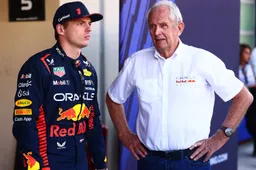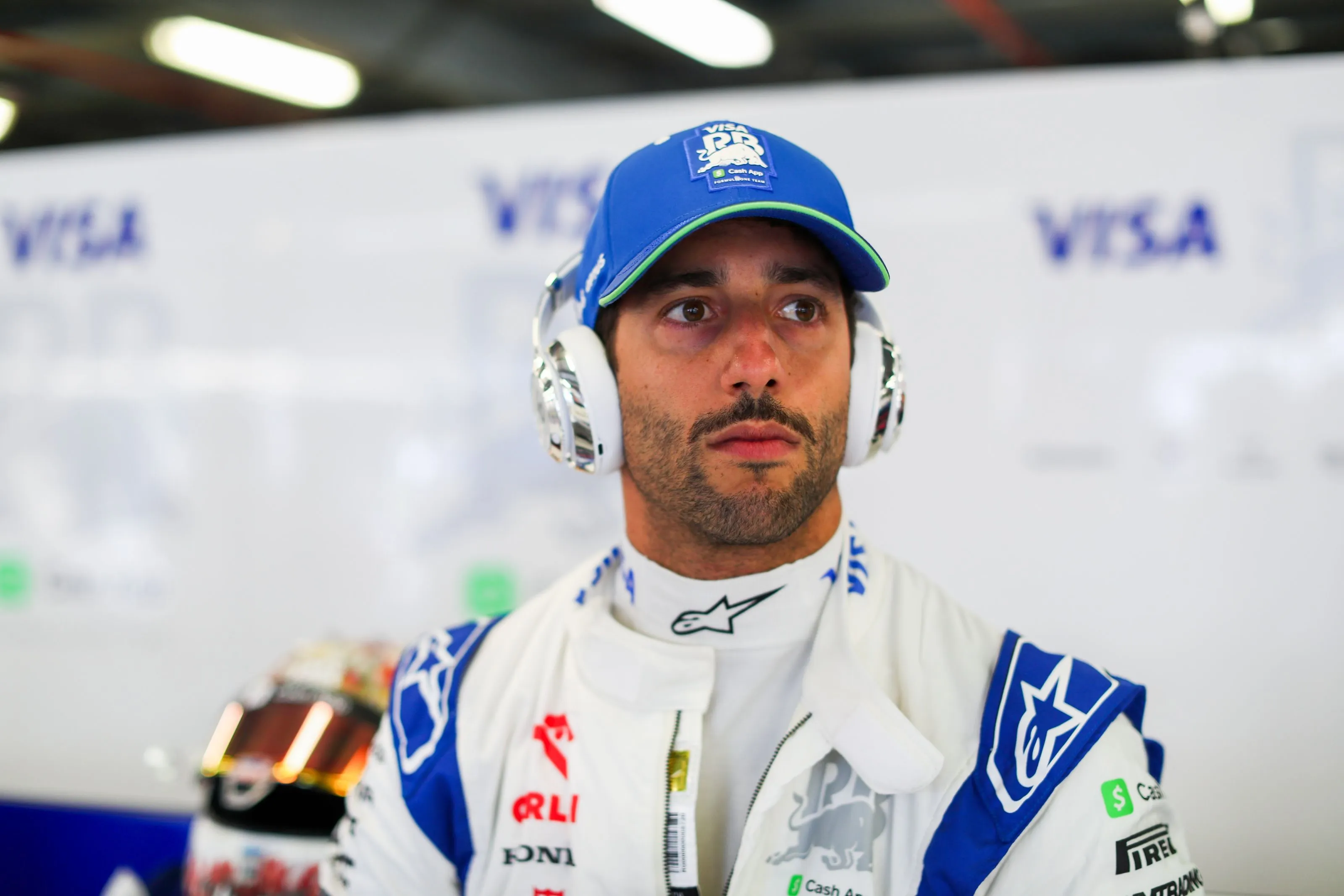Verstappen & Norris Have Advantage Over Older Drivers Thanks To Sim Work Suggests Herbert
F1Wednesday, 17 April 2024 at 22:30

According to Johnny Herbert, being able to drive on simulators gives drivers like Max Verstappen and Lando Norris a massive advantage over their rivals.
Johnny Herbert, a 59-year-old former F1 driver, has spent over a decade in Formula One, but back when he was driving, there weren't many places where drivers could improve, except for the race track.
That changed as the sport progressed, and while the F1 simulators were first used in the late years of the 20th century, they also spread outside of the sport in the 2010s and 2020s.
Now, it's possible also for fans at home to try any car on any track, having almost the same experience as if they were sitting in the car. This type of racing is popular, especially with the young generation, as Verstappen is often seen playing the popular simulator iRacing into late hours.
Herbert, according to GPFans, remembered the years when simulators were only starting to become necessary in the sport and recalled that the seven-time World Champion, Michael Schumacher, wasn't really a fan of them.
"I remember Michael used to do a little bit of sim work at Ferrari. And he was quite sick when he was doing that. So he really suffered doing the sim work."
However, that changed with the new generation of drivers. Now, the likes of Verstappen and Norris, but also Charles Leclerc and Alex Albon, seem to be obsessed with racing also outside of Formula One, and that helps them to develop what Herbert called a "seventh sense."
Read also
"When Max does it without problem whatsoever when he’s doing the Formula 1 sim. But also when he's doing his racing sims like Lando Norris as well. And it's a skill that has become a seventh sense in Formula 1."
According to the three-time Grand Prix winner, widely-available simulators help drivers to develop their racing brain better, which then helps them on the track to be even faster.
"They’ve gotten better as time has gone by, but they are very, very much now an important part of a driver's feel with the car itself. Not a feel with your fingertips, but a feeling within your brain, your brain adapts to it without thinking about it."
Read also
POPULAR NEWS

Steiner Warns Red Bull: 2024 Performance Masked By Verstappen's Brilliance

Sainz Sr. Grateful For Ferrari's 'Fantastic Gesture' After Driver Switch

Marko Issues Honest Verdict On Verstappen's Potential Exit: 'You Have To Be Realistic'

Racing Bulls CEO Reveals What Verstappen's Personality Is Like Outside F1 Paddock

Magnussen Discusses 'Crazy' Thing That Separates Verstappen From Hamilton And Others

Hamilton: Driving Ferrari F1 Car For First Time 'One Of Best Feelings Of My Life'
Loading

